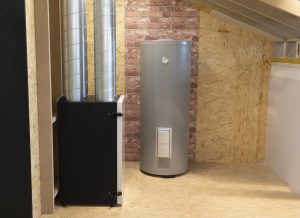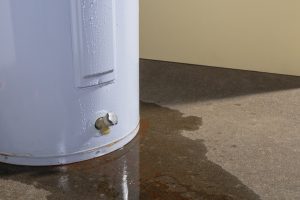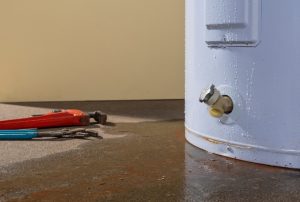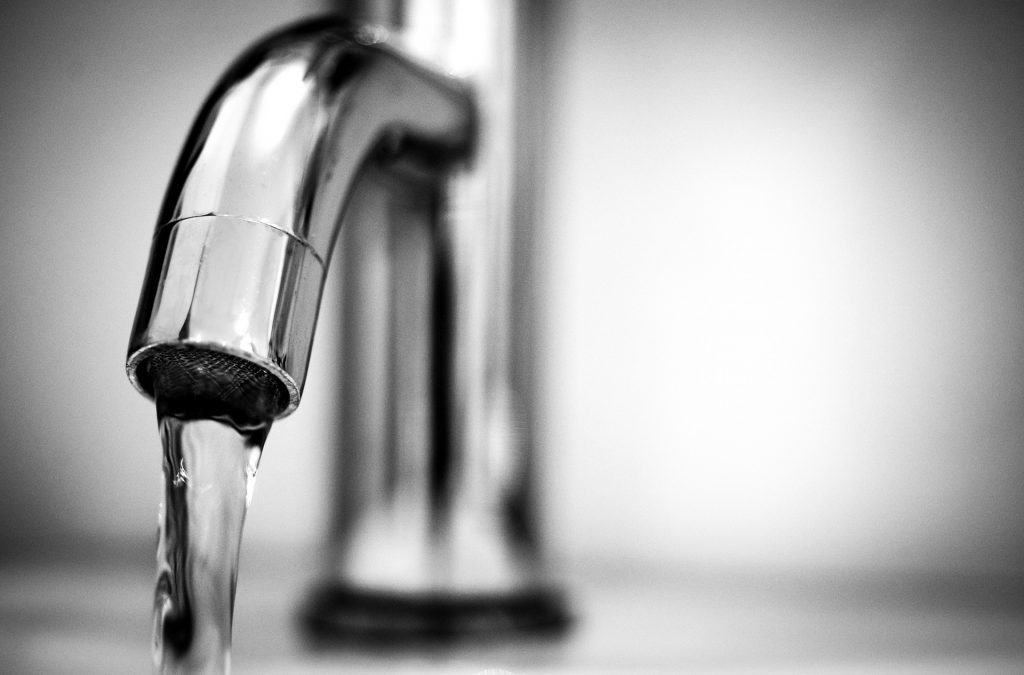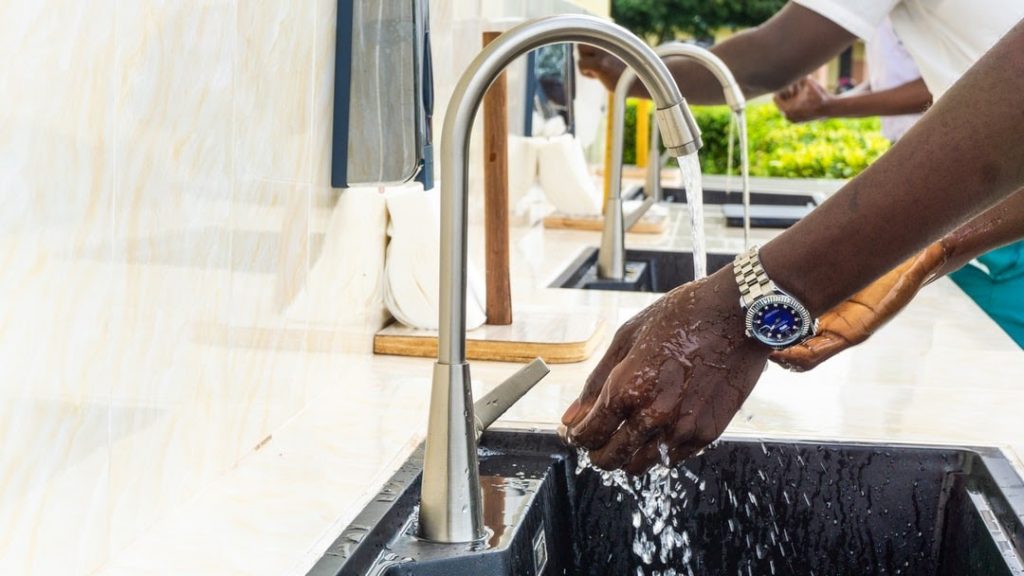Understanding the average life expectancy of a water heater is essential for homeowners. Your water heater is crucial to your home’s daily needs, from showers to cleaning.
Knowing the lifespan of your water heater unit can guide your decisions when it comes to maintenance, repairs, or deciding when a replacement is necessary. Whether your unit is an old water heater or a new one, spotting early signs of wear can help you avoid sudden failures and expensive repairs.
In this guide, we will delve into the expected lifespan of various water heater types, the factors that influence their overall longevity, and the signs that indicate it’s time to replace your old unit.
What Is the Average Life Expectancy of a Water Heater?
The average life expectancy of a water heater varies depending on several factors, including the type of water heater you have. On average, water heaters last between 8 and 20 years, although this can vary depending on their maintenance and usage. Let’s take a closer look at the factors that impact their longevity.
Tank Water Heaters (Conventional Storage) – 8-12 Years
Traditional tank water heaters are the most common type. These units store and continuously heat water in a tank, ensuring hot water is always available. On average, tank water heaters have an average life expectancy of 8 to 12 years.
With regular maintenance, such as draining the tank to remove sediment buildup, they can last longer. However, their longevity depends on how well you maintain them and the quality of the water supply in your area. Without proper care, issues like rust and sediment accumulation can reduce their lifespan.
Tankless Water Heaters – 20 Years or More
Tankless water heaters heat water only when it’s needed, making them highly energy-efficient and long-lasting. Tankless water heater systems typically have an average life expectancy of 20 years, with some models even extending to 30 years with proper maintenance. Since there is no storage tank, there is less risk of rust or sediment buildup, factors that often shorten the lifespan of tank models.
Electric Water Heaters – 10-15 Years
Known for their reliability and straightforward installation, electric water heaters are a common option for many homeowners. They typically have a lifespan of ten to fifteen years. Performing regular maintenance—like inspecting the heating elements and preventing mineral buildup—can help prolong the system’s overall performance and longevity.
Gas Water Heaters – 8-12 Years
Gas-powered water heaters are common in homes due to their fast heating capabilities. They typically last 8 to 12 years but require regular servicing to keep the burner and venting systems in top condition. Proper maintenance is essential to avoid premature failure.
What Factors Affect the Life Expectancy of a Water Heater?
Several key factors influence how long your water heater will last, and understanding them can help you maximize your system’s longevity. These factors include:
Water Quality
The lifespan of your water heater is heavily influenced by the quality of your water system. In regions with hard water, mineral contents like calcium and magnesium can accumulate inside the tank or on heating elements, reducing efficiency and potentially causing damage. This buildup can shorten the unit’s life.
Maintenance and Care
Routine maintenance extends the overall lifespan of your water heater. Regularly flushing your water heater and inspecting components like the pressure relief valve and the anode rod (which helps prevent rust) can prevent small issues from becoming major problems. Additionally, scheduling professional maintenance can help prevent these issues from arising.
Installation Location
Where your water heater is installed can also impact its lifespan. For instance, water heaters installed in cold, uninsulated spaces, such as basements or crawl spaces, may struggle to maintain the necessary temperature, resulting in extra wear. A temperature-controlled area can help prolong its life.
Water Heater Size and Demand
When a water heater is too small for your household’s demands, it will be overworked and more prone to premature failure. Selecting a properly sized unit based on your home’s hot water usage is key to maintaining optimal performance and efficiency.
Signs Your Water Heater Is Reaching the End of Its Lifespan
Recognizing the signs that your water heater unit is nearing the end of its lifespan can help you avoid an unexpected breakdown and costly emergency repairs. Here are some key indicators to watch for:
1. Strange Noises
If you start hearing rumbling or popping noises from your water heater, it could indicate sediment build-up at the bottom of the tank. This build-up can cause the unit to overheat, leading to damage and reducing efficiency.
2. Discolored or Rusty Water
Rusty water or visible sediment in your hot water is a sign of corrosion inside of the tank. If your water looks rusty or has an unusual taste or smell, it could mean your tank is corroding from the inside and may soon leak.
3. Leaks or Dampness Around the Tank
A water heater that’s leaking clearly signals the need for replacement. These leaks are usually the result of internal corrosion or rust. If not dealt with promptly, they can lead to significant water damage within your home.
4. Inconsistent Water Temperature
If your water temperature fluctuates or fails to reach the desired level, it may mean that there’s a problem with the heating element, thermostat, or the unit’s overall performance. In the case of on-demand systems, try resetting your tankless water heater before assuming a major fault—it may resolve simple glitches in performance.
5. Age of the Unit
If your water heater is over 10 years old and you notice any of these signs, it’s likely time for a replacement. Even without immediate issues, an aging water heater will likely be less efficient, resulting in higher energy bills.
When Should You Replace Your Water Heater Unit?
Knowing when to replace your water heater unit is essential to avoid the stress and cost of a sudden breakdown. Consider replacing your water heater if:
- It is approaching or has surpassed its average life expectancy.
- Regular inspections reveal potential issues.
- It is experiencing significant problems, including leaks, rust, and inconsistent temperatures.
- The unit is old and inefficient, leading to higher energy bills.
Replacing an old, inefficient water heater can help reduce your energy bills and improve your home’s hot water reliability. Additionally, newer models often feature advanced energy-efficient technology, which can further lower your utility costs. If you live in the Southwest, understanding the average yearly cost of operating a water heater in Arizona can help you guide for a smarter, more cost-effective replacement choice.
Tips to Extend Your Water Heater’s Life Expectancy
While it’s inevitable that your water heater will need replacement eventually, there are steps you can take to help extend its lifespan:
- Flush the Tank Annually: Regular flushing helps remove sediment build-up, preventing corrosion and improving efficiency.
- Inspect the Anode Rod: The anode rod stops rust from forming. Check it every 2-3 years and replace it when necessary.
- Schedule Professional Maintenance: Regular inspections and tune-ups can deal with problems before they escalate and keep your system running smoothly.
- Install a Water Softener: In areas with hard water, a water softener can reduce mineral buildup inside your water heater, extending its life.
- Ensure Quality Installation and Repair: Working with experienced technicians for new water heater installation and repair ensures your unit is set up correctly and maintained to perform at its best.
Conclusion
Understanding the average life expectancy of a water heater unit and knowing when to replace it is crucial for maintaining a comfortable and efficient home. Whether you have a tank, tankless, electric, or gas model, each type has its unique lifespan and maintenance needs. By staying on top of regular maintenance and keeping an eye out for signs of wear and tear, you can help your water heater last longer and avoid unexpected repairs.
If it’s time to replace your water heater, contact AHWA for expert installation to ensure the new unit is properly set up and operates efficiently for years to come.



